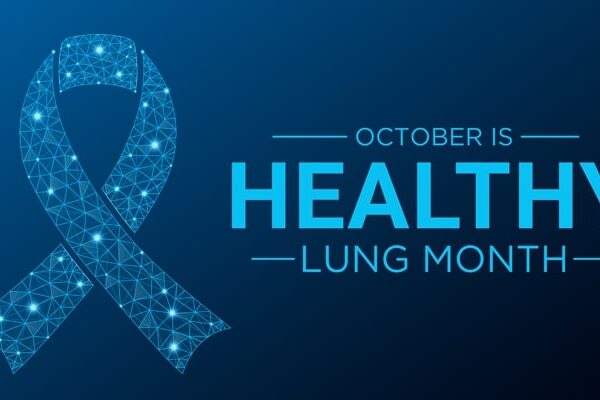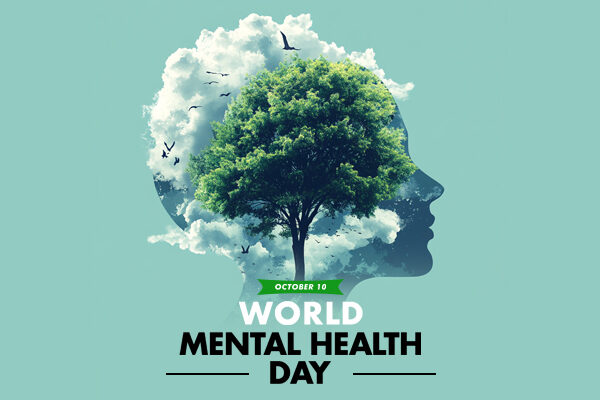Last Updated on June 20, 2023
Overview: Dysthymia vs Major Depression
In today’s fast-paced, rapidly evolving, and demanding world, stress and depression have become inevitable, affecting millions worldwide. Statistics demonstrate 16.2 million adults in the United States with at least one major depressive episode in the entirety of their lives. On the other hand, 1.3% of adults in the United States report symptoms of dysthymia at some point in time. While stress and depression are distinct conditions, they often intertwine, forming a vicious cycle that becomes difficult to break from. The vulnerabilities of these silent struggles gradually seep into one’s life, impacting the quality of life, interpersonal relationships, work-life, etc.
Revive Research Institute underscores the importance of participating in clinical trials that may potentially provide a solution and could potentially help people navigate the struggles of mental health disorders like depression.
Delve the blog to gain valuable insights into dysthymia vs major depression, whether one can have dysthymia and major depressive disorder, and the impact of mental health disorders on health outcomes.
What Causes Depression?
Depression is not always elicited in response to grievances or bereavement. Many people experience bouts of depression even when life is treating them fine. People can have more than one reason behind the onset of depression. In addition to structural, physiological, and biochemical changes that occur in the brain, the most common causes of depressive bouts are:
- Dysfunction in the brain’s mood regulation mechanism
- Genetic vulnerability
- Physical health problems
- Stress or life events (loss of loved ones, etc)
- Pharmacological side effects
Signs And Symptoms of Dysthymia vs Major Depression
Occasional rumination, sadness, crisis, insomnia, and mood swings are considered normal. Dysthymia vs major depression is more than just this. Dysthymia and major depression are common mental health disorders with similar symptoms, often confusing each other. To be diagnosed with depression, the DSM-5 criteria suggest:
- Presence of 5 or more symptoms for a continuous 2-week period
- Of all the symptoms, one of the symptoms should be a continuous depressed mood or loss of interest
- Obvious weight fluctuation
- Appetite changes
- Irritability
- Fatigue
- Inability to focus & concentrate
- Insomnia
Similarities and Differences of Dysthymia Vs Major Depression
The primary difference between dysthymia vs major depression is the longevity of symptoms. Depressive episodes lingering for two or more weeks highly suggest major depression. Major depression can last between 4 and 8 months, although the window can shrink to 3 to 6 months with early therapy. Individuals with dysthymia, on the other hand, endure less severe symptoms than major depression, but they may last longer, over two years or more. However, the extension of a depressive episode depends on individual factors, such as lifestyle modifications, the severity of the trauma, and therapeutic intervention.
Can You Have Dysthymia And Major Depressive Disorder — DOUBLE DEPRESSION?
Double depression is a combination of major depression and dysthymia symptoms. It is a condition in which individuals experience both persistent depressive symptoms (dysthymia) and episodes of major depression. More than half of those with dysthymia eventually undergo worsening symptoms triggering a full-blown major depressive illness on top of their dysthymic diagnosis, a condition known as double depression. Verbal speech markers such as suicidal urge, wanting to kill someone, or maybe passive statements such as “I want to sleep and never wake up,” are alarming and indicative of double depression.
If you or someone you know deals with some of the below-mentioned potential verbal markers indicative of double depression, they must visit a psychiatrist or seek help.
- Frequent expression of sadness or despair: Phrases such as “I always feel down” or “Nothing pleases me anymore”
- Lack of motivation: “I don’t have the energy to do anything”
- Self-criticism statements: “I am such a failure” or “I’m not capable enough”
- A feeling of worthlessness: “I don’t deserve happiness”
- Difficulty concentrating or indecisiveness: “I cannot decide what I want for myself” or showing signs of cognitive dissonance
- Recurrent suicidal ideation: “I want to put an end to life” or shows the urge to slash their wrists
However, the above markers are not definitive indicators of double depression, and a proper diagnosis should be sought for comprehensive management.
How Is Double Depression Different from Dysthymia vs Major Depression?
With dysthymia, co-existing major depressive symptoms are less frequent, milder, and less incapacitating. However, such symptoms don’t limit a person’s ability to function daily. As a result, those with dysthymia consider such manifestations normal.
A key distinctive feature of double depression is the co-existence of chronic, persistent symptoms of dysthymia with intermittent major depressive episodes. The condition can lead to a more prolonged and challenging course of depression compared to dysthymia or major depression alone.
Impact of Depression on Health
Psychological stress causes depression and also inflicts physical effects on the body and brain, thus, inducing hormonal changes. Additionally, stress activates the immune system, secreting chemicals called cytokines, which are linked to depression. These chemicals actively affect brain tissues, including the hippocampus, and contribute to the manifestation of symptoms associated with mental illness.
Depression also affects cardiac health, increasing the risk of cardiac events, including:
Increased risk of heart disease:
Predisposes to conditions like coronary artery disease, heart attacks, and heart failure.
Accelerated progression of existing heart conditions:
Depression can worsen outcomes for individuals already diagnosed with heart disease, leading to a faster progression of their condition.
Irregular heart rhythms:
Depression can cause palpitations and abnormal heart rhythms, such as arrhythmias.
Increased inflammation:
Depression is associated with increased inflammation in the body, which can damage the blood vessels and promote the development of atherosclerosis (plaque buildup).
Impaired cardiac function:
Depression can negatively impact the functioning of the heart, affecting its ability to pump blood efficiently, leading to reduced cardiac output.
Higher mortality rates:
Depression is linked to higher mortality rates among individuals with pre-existing cardiac conditions.
Lifestyle Modifications
Stress management techniques can help prevent depressive symptoms. Some stress regulation techniques include:
- Getting enough sleep and reducing screen time
- Eating a healthy and balanced diet
- Regular exercise
- Finding a relaxing hobby, such as gardening or woodworking
- Reducing caffeine or alcohol consumption
- Breathing exercises
- Meditation
Mental Therapy
Seeking therapy not only benefits those with depression but also motivates others to overcome the fear of seeking treatment and share their experiences with others. Conversation with a therapist, counselor, or mental health expert is a helpful strategy for managing stress and depression. Both chronic anxiety and depression can successfully be treated with talk therapy, either on its own or in combination with cognitive behavioral therapy (CBT).
Outlook
In conclusion, dysthymia and major depression are mood disorders that significantly impact mental health and impair the quality of life. The outlook of dysthymia vs major depression varies from person to person. However, with treatment, the symptoms and overall well-being can be managed. Moreover, by participating in psychiatry clinical trials, you might be able to forge a path to healthy living.




